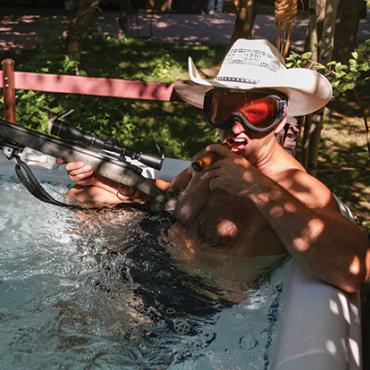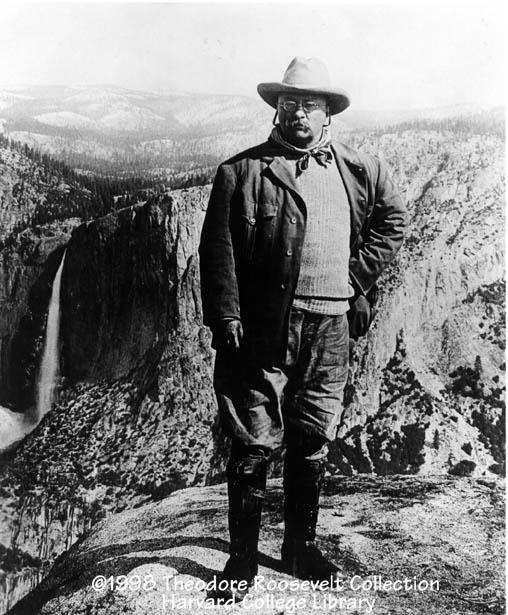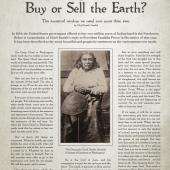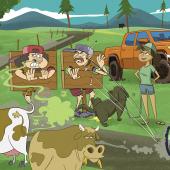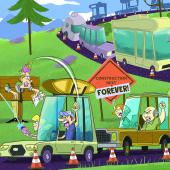The Virtues Roosevelt Admired
We are not building this country of ours for a day. It is to last through the ages. —Teddy Roosevelt
As spring arrives in Montana, a possible invasion of Iraq looms on the not-so-distant horizon. Opinions vary greatly about the necessity and morality of such an invasion, with intense debates and widespread demonstrations taking place across the country. But with ongoing terrorist activities and weapons manufacturing discoveries, more and more Americans seem to believe that Saddam Hussein and those like him pose a very real threat to our safety and way of life. A recent poll showed that seven in 10 Americans now support military action against Iraq, provided we obtain endorsement from our allies. For most of us, it seems, enough is simply enough.
If only we felt the same way about Montana. Rampant urban sprawl, exploding real estate prices, increasing privitization ofour recreational lands, water quality degredation, the diminishment of open space, irresponsible developments, the wholesale destruction of our most productive wildlife habitats--all of these things are contributing to an erosion of our way of life. And all things considered, there's surprisingly little resistance to it all.
Like George W. Bush, Teddy Roosevelt once believed that America should go to war. He wasn't fighting for oil or trying to wipe out terrorism, though; Roosevelt simply felt that Americans had gotten soft. A war, he believed, would "restore manliness and military virtues" to the country. By manliness he meant courage, honesty, and moral strength; by military virtues, he meant honor, loyalty, and vigilance. Roosevelt saw an apathetic, self-indulgent world springing up around him, and found it deeply disturbing. To him, and nation's strength lay in the virtues of the people, and a complacent, weak-minded public simply could not last.
All that aside, I think we can safely say that we still live in a pretty damn good place. Our rivers teem with trout, our air and water are still relatively clean, and most of our mountain ranges hold elk, deer, bears, mountain lions, and other wildlife. The agricutural industry is struggling, but surviving. Tourism brings much to our local economies. Our incomes may be well below the national average, but the natural splendors of Montana make our lives richer overall.
As we move forward, Roosevelt's impassioned declaration has some undeniable complications for Montana and its future. We don't need a way, but we do need to reinstate the virtues Roosevelt admired. As we grow, we must be careful not to allow the short-sighted vision of the few overwhelm the long-term health of the many. We must be careful not to let our heritage slip away, slowly overwhelmed by the tide of wealth and "progress." We must remember who we are, what we want, and why we live here. We must do this not only for ourselves, but for our children, and theirs.


